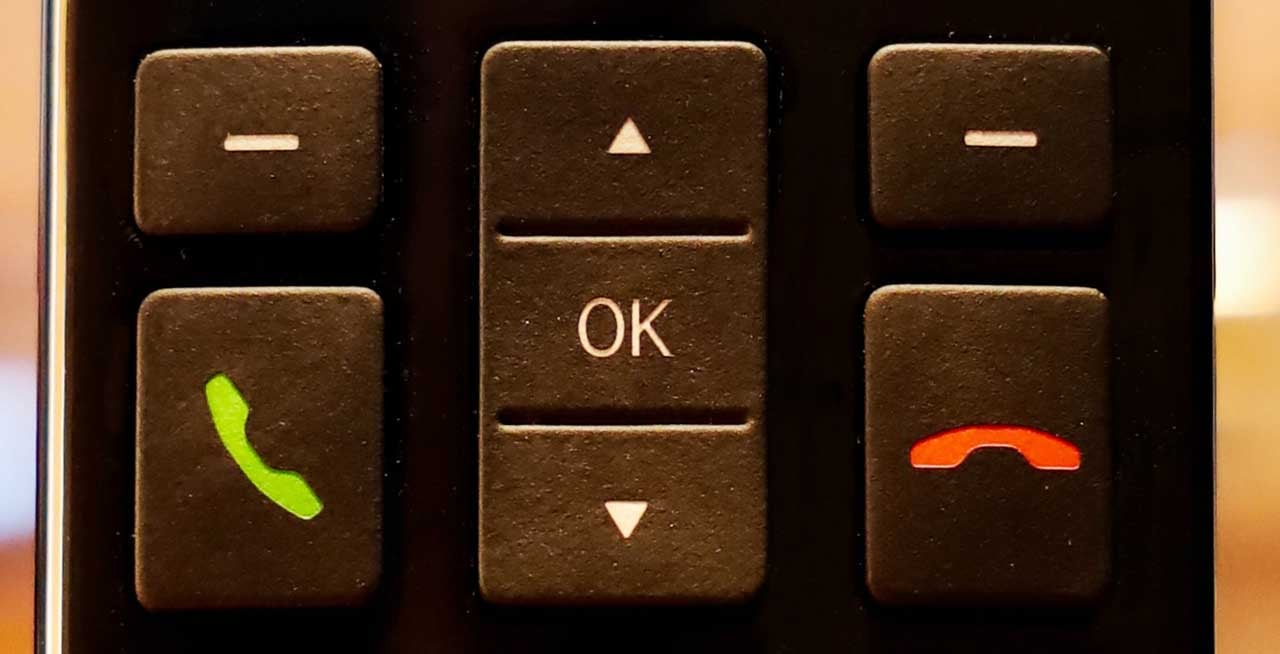Oregon’s Bias Crime Numbers Drop but Experts Fear Underreporting and System Gaps

Oregon’s 2024 Bias Crimes Annual Report indicated that, for the first time since the Bias Response Hotline launched in 2020, overall bias reports declined in 2024. Rather than a decline in incidents, the report suggests other reasons for the decline in hate and bias incidents, and action is called for.
Oregon’s 2024 Hate And Bias Crimes Report Raises Concern
Released by the Oregon Department of Justice (ODOJ) and the Oregon Criminal Justice Commission (CJC) yesterday, the report shows complex and concerning developments in bias crimes and incidents reported to the Bias Response Hotline created under Senate Bill 577 in 2019 across the state.
Attorney General Dan Rayfield said, “This report is both a sobering gut check and a call to action.”
Oregon’s 2024 Bias Crimes Annual Report indicates that:
- Reporting patterns have shifted: While overall contacts to the Hotline increased, hate and bias reports dropped by 7% in 2024. Reports from Asian, white, and female victims increased while those from Black/African American, Hispanic/Latinx, Native Hawaiian/Pacific Islander, and American Indian/Alaska Native communities were down 16%. Reports from gender non-conforming individuals decreased by 34%. This could reflect growing or decreasing trust in the Hotline.
- Identity-targeting remains high: 1,216 race-based reports were made, followed by 771 anti-sexual orientation targeting reports, and 651 anti-national origin targeting reports.
- Concerning bias-motivation patterns prevail: Gender non-conforming individuals continued to experience some of the highest levels of identity-based bias. Reports from Black, Indigenous, and People of Color (BIPOC) individuals were overwhelmingly motivated by race-based targeting. At the same time, white victims were most often targeted based on gender identity or sexual orientation.
- Harassment campaigns spiked: 2,231 harassment and spam incidents in 2024, including hotline staff who were targeted in 244 bias incidents (a 165% increase from 2023)
- Law enforcement referrals drop: The number of law enforcement referrals to the Hotline decreased by 58%, despite the number of victims reporting to law enforcement remaining steady. Rayfield indicated this may reflect a breakdown in previously strong collaboration, raising concerns about underreporting or missed opportunities for support.
- Bias in prosecution outcomes reporting remains high: From 2020 to 2024, 62% of the 757 bias-related criminal cases charged by county prosecutors’ offices resulted in conviction, with sentencing outcomes ranging from probation to incarceration.
The report made several recommendations, including better protections to ensure that harassment does not affect the Hotline’s ability to respond effectively, expanding Hotline staffing and tech capacity, increasing privacy protections for bias victims on the Hotline, aligning with existing statutory protections for survivors of sexual assault and domestic violence, ensuring advocates themselves are supported in the aftermath of hate/bias.
The Bias Response Hotline provides support, resources, and guidance on potential next steps in cases of bias incidents. It can be reached at StandAgainstHate.Oregon.gov or by calling 1-844-924-BIAS (2427). Interpretation is available in over 240 languages, and all Relay calls are accepted.
